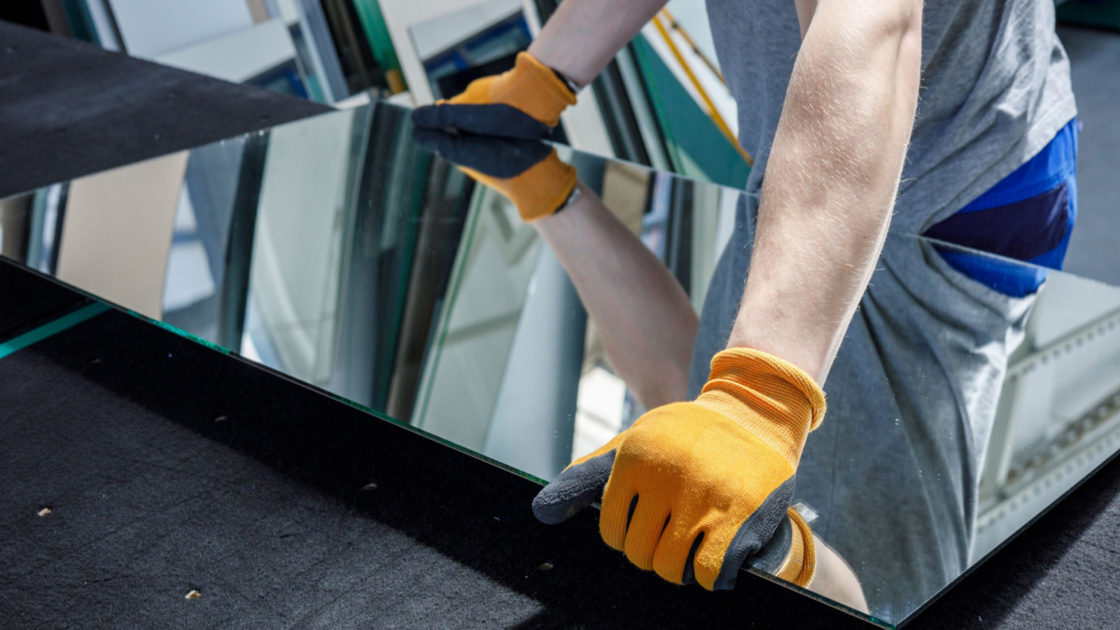The glass industry has a long tradition and glassworks can be found in many areas of Europe. It is also one of the Energy Intensive Industries. The dependency on high temperatures in the production process poses boundaries to further progress in energy efficiency with given technologies. Pilot projects test new furnaces that could be heated with renewable electricity and studies explore the use of hydrogen.
Investments to cut emissions are particularly challenging for smaller companies in structurally weak regions, especially in critical infrastructure, such as hydrogen pipelines. At the same time, these companies are important employers.
IndustriAll Europe’s Executive Committee approved the position 'What does it take to create the glass industry of the future in Europe?' at its meeting on 24 and 25 May 2022, drawing attention to the requirements for a decarbonised glass industry offering good jobs in Europe.
Our key demands:
- investment in education and training (young workers, current workers)
- continuous improvement of occupational safety and health and working conditions
- a clear regional approach
- strong social dialogue at all levels that serves the interests of the workers, companies and the welfare state
- legal framework for the anticipation of change and ensuring the workers’ participation throughout the transformation of workplaces and regions
- massive investments in low-carbon production technology and energy sources; reliable access to affordable renewable energy; protection against carbon leakage
- switch to fully circular, reusable and recyclable glass, creation of new glass products to be developed close to recycling facilities
new EU policies for strategic value chains, e.g. restarting the production of photovoltaic cells in Europe; ambitious goals for the EU’s Renovation Wave
At its Basic Materials Network Meeting on 8 June, industriAll Europe affiliates again confirmed these demands.
Participants also discussed the problem of high energy prices in all sectors and expressed their regret that the current high inflation rates make it virtually impossible to have collective agreements that secure real wage increases.
Furthermore, members reported that the rubber industry is suffering from reduced demand in the automotive sector and an increase of very short notice orders. Production planning is often done on a week-by-week basis.
In the ceramics industry, the fear of a gas embargo is leading to increased production (with the aim to increase stocks now), and the postponement of investments in Germany. In Italy, the lack of certain raw materials, e.g. kaolin and clay, has caused problems.
IndustriAll Europe position paper 'What does it take to create the glass industry of the future in Europe: EN, DE, FR
